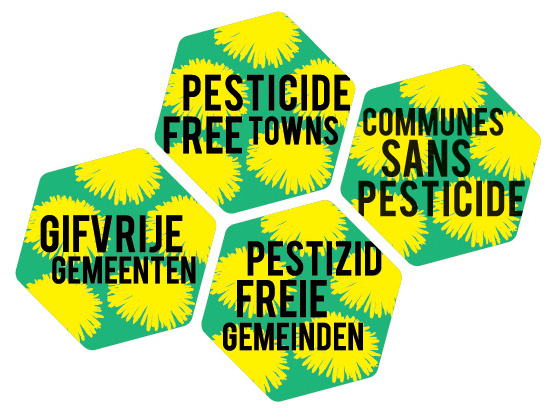Banning pesticides from public space
More and more citizens object to the use of pesticides in the parks and streets where they and their children play, live and work. Some countries have implemented regulations to make towns pesticide free, as agreed at EU level in 2009 when countries voted to implement the Sustainable Use Directive on Pesticides (SUD). Other countries prefer to leave it up to the towns themselves. We see more and more towns choosing to make steps to ban pesticide use in public spaces. Such an approach is especially important if linked to other initiatives like green public procurement, serving organic food in public canteens and schools, etc. This helps detoxing our towns to make them more sustainable. We as PAN Europe stimulate and organise exchanges between towns on how to become pesticide free. We encourage others to follow the good examples, across different regions and different countries in Europe.
Pesticide Free towns, a diversity of European approaches (PAN Europe 2022, pdf)

Countries and regions banning pesticides from public areas
- Brussels region (Belgium) decided to become pesticides free as from 2020.
- Wallonia (Belgium) decided to make towns pesticide free as from 2019, and progress can be seen here
- The Netherlands decided to make towns pesticides free as from 2017, implementation still not started, but an overview is available.
- France decided to make towns pesticide free as from 2016, and progress is measured here.
- Luxembourg decided to make towns pesticide free in public spaces from 1st January 2016.
- Flanders (Belgium) decided to make towns pesticide free as from 2015, and progress can be seen here.
- Denmark decided in 1998 to phase out pesticide use in all public areas by 2007. However, the same year a derogation for using glyphosate was introduced, and a new plan was introduced still with the objective of phasing out pesticides in public areas but without legally binding dates for when this must be applied.
PAN Europe follows this development closely.
For more information see our special Pesticide Free Towns website (partly updated, under revision)
Watch and listen to the mayor of Copenhagen (Denmark), English subtitles
https://www.youtube.com/watch?v=Mu0Z4SoMv8k